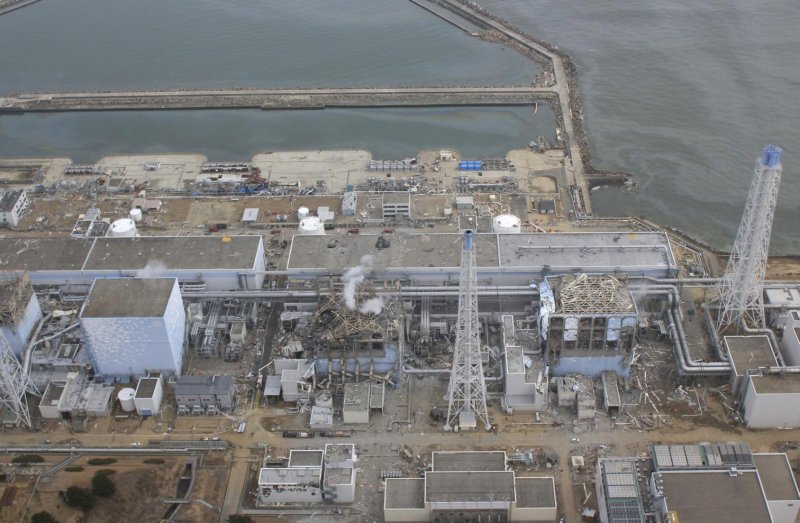TOKYO, July 18 (UPI) -- The operator of Japan's Fukushima nuclear plant says steam is leaking from the reactor building and it will take action to avoid a possible nuclear reaction.
The Tokyo Electric Power Company, or Tepco, said it was ready Thursday to inject boric acid into one of its most heavily damaged reactors after it found steam emanating from the reactor building, The New York Times reported.















